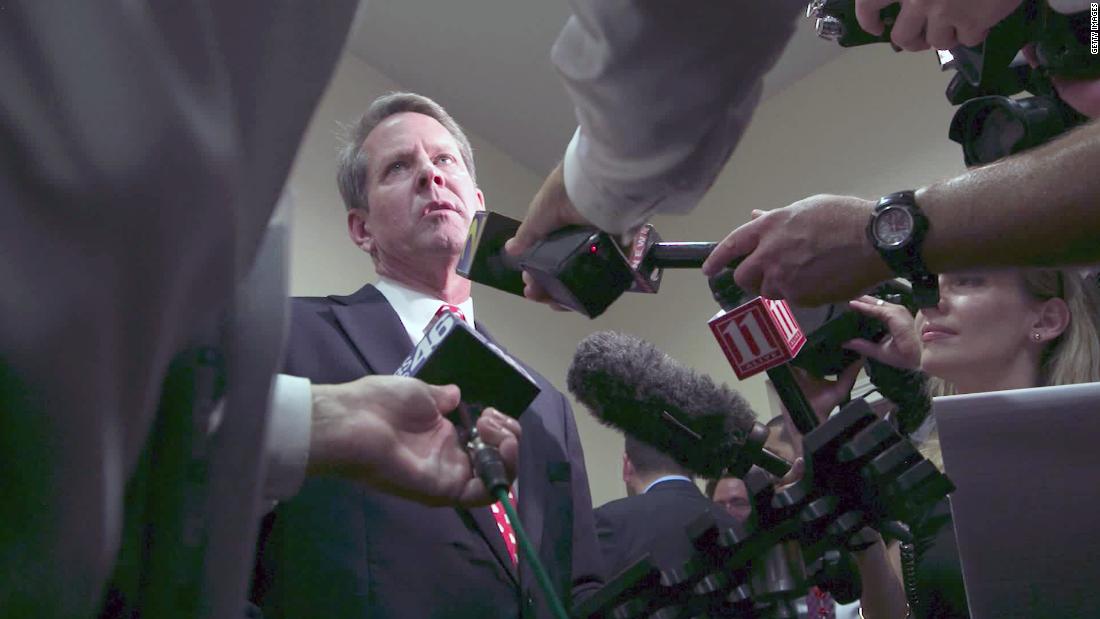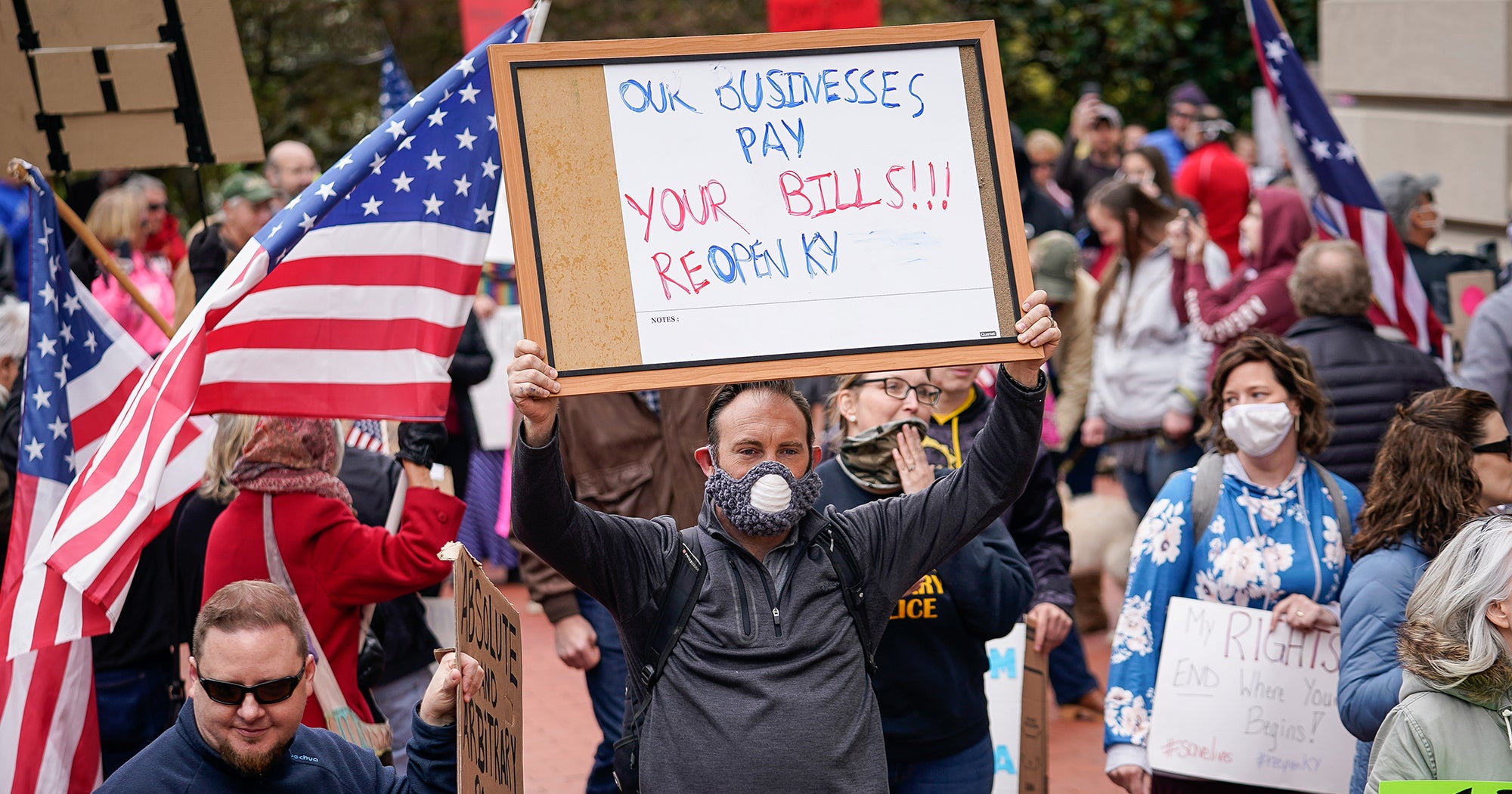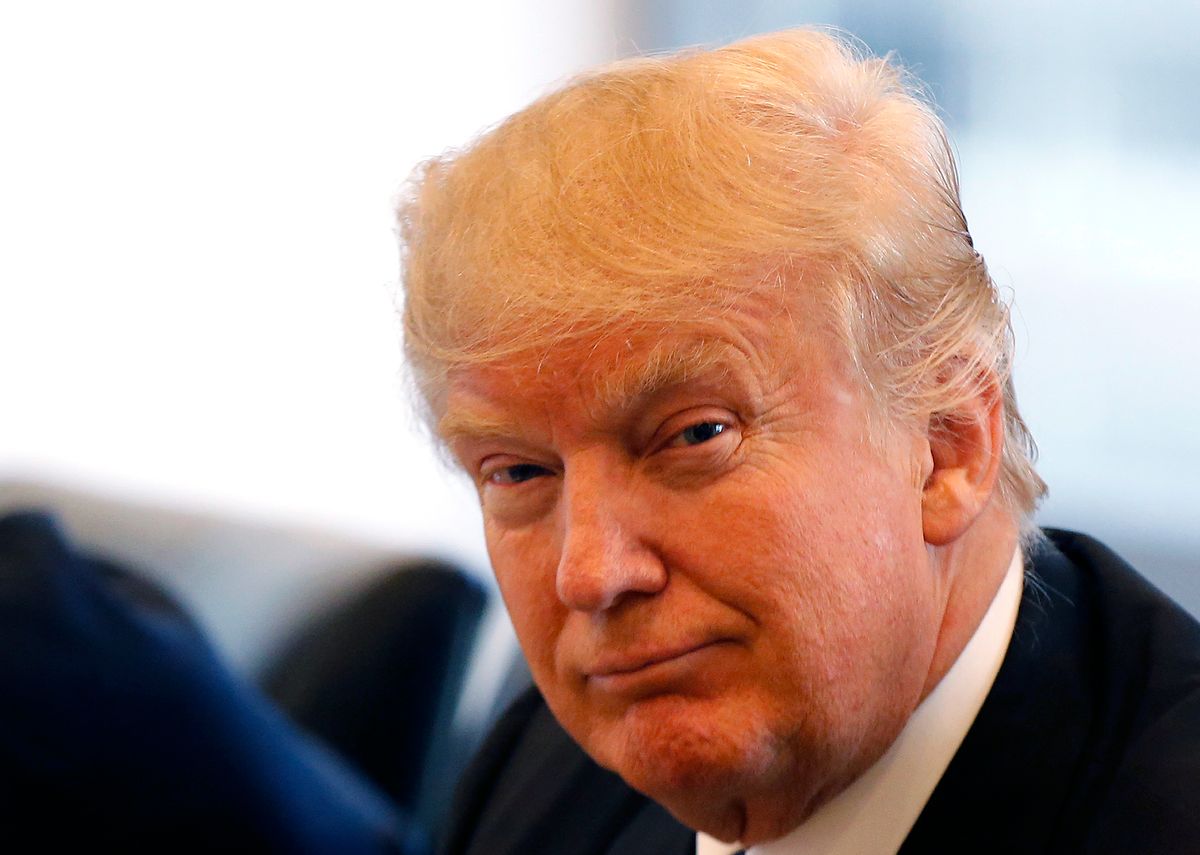The coronavirus crisis is malleable, analysts said, and can be made bigger or smaller, longer or shorter, by how the White House responds, and by how the president encourages tens of millions of people to act. Epidemiological models portray how reopening the country too soon would lead to additional waves of infections, and many more deaths.
But the message Trump delivers each day in press briefings seems to be motivated more by his quest for re-election than any fellow feeling for beleaguered Americans, said Brad Bannon, a Democratic strategist.
“The Trump people feel, and they may be right, that his re-election prospects are dependent on a thriving economy,” Bannon said. “And so it’s imperative for his re-election that the economy open again.”
Trump often makes reference in his daily press briefings to the death toll in the US, which at about 45,000 represents about one-quarter of coronavirus deaths worldwide. But apart from some narrowly scripted remarks delivered in an uninterested monotone, Trump fails, day after day, to deliver expressions of sympathy for the loss of life, which remains on a
grim trajectory. Instead his press briefings are more marked by attacks on opponents, whether Democrats, the media, China or the World Health Organization.
“He makes attempts at it usually when he’s reading prepared remarks, then he makes attempts at [empathy],” said Elaine Kamarck, founding director of the
Center for Effective Public Management at the Brookings Institution. “But frankly, he’s not very good at it, and he can’t sustain it. The minute he goes off script, he’s back to that pile of accusations, insecurities, false statements, and attacks.”
Kamarck agreed that Trump’s inability to muster human empathy hindered his ability to respond effectively to the crisis. “If you really are feeling people’s pain, then you really are concentrating on how to help them,” she said.
Past presidents from both parties have responded to tragedies with expressions of sympathy and regret that historians credit with aiding the national recovery.







